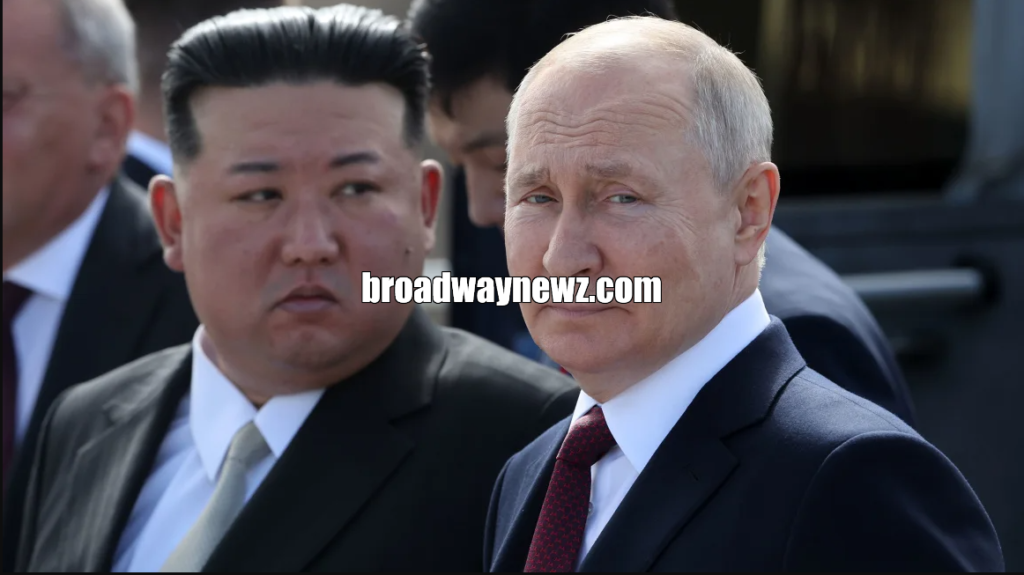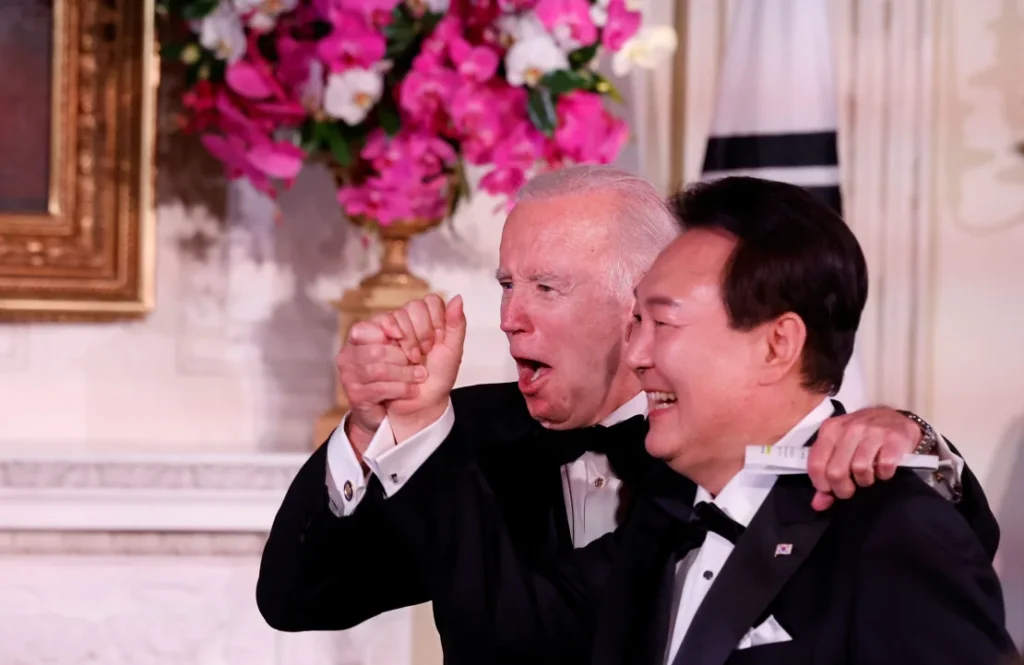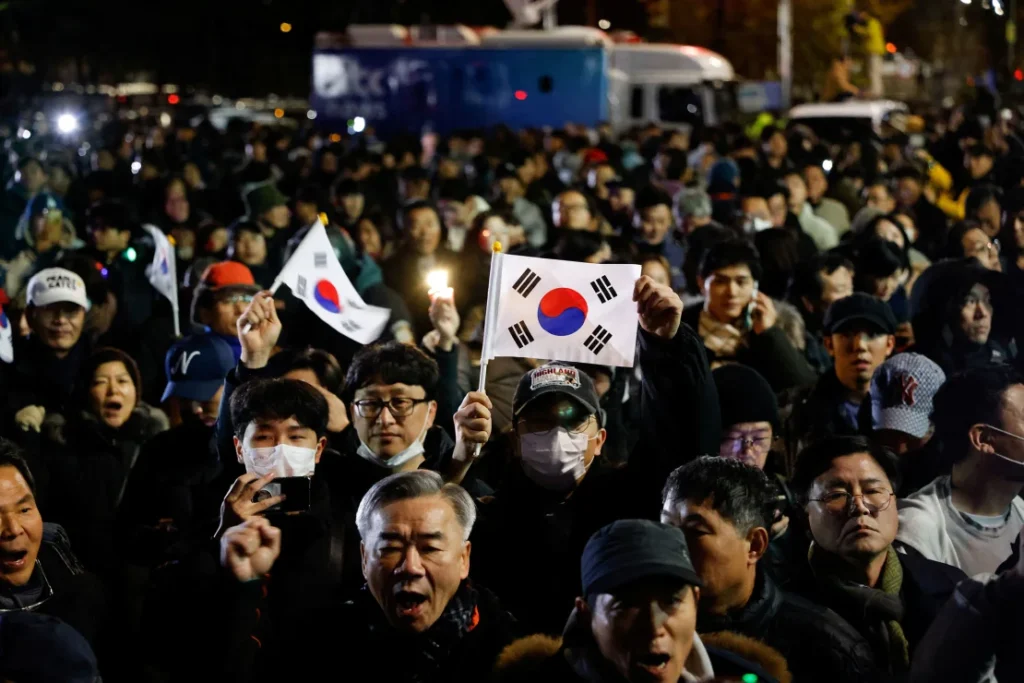North Korea, Russia and China watch on as crisis unfolds in key US ally South Korea

North Korea, Russia and China watch on as crisis unfolds in key US ally South Korea
The recent political turmoil in South Korea that saw president Yoon Suk Yeol declare martial law and then reversing the decision has impacted the world and importantly the position of the country in the stability of Indo-Pacific . It also serves to remind not only of the problems of governing in a domestic context but also the potentially profoundly destabilising geopolitical consequences in South Korea’s strategic partnerships and security architecture of this development.
Background of the Crisis
On the night of the 4th December, South Korean President Yoon Suk Yeol invoked this situation by stating that the military rule was vital to protect the state from “anti-state actors.” This decision was also vehemently received at home, protesting carrying out on Seoul and the political divide condemning the resolution. The decree was quickly reversed within hours, but its impact on the country’s democracy and international reputation has left lingering concerns.

Reactions and Implications
- Domestic Reactions:
- Public Protests: Thousands of demonstrators condemned the martial law declaration as a violation of democratic principles.
- Political Backlash: Yoon faced calls for resignation, with many viewing his actions as authoritarian overreach.
- International Concerns:
- US-South Korea Alliance: Washington expressed relief at Yoon’s reversal but noted the potential strain on a partnership crucial for regional stability.The alliance defends nearly 30,000 American troops in South Korea against North Korea and China.
- Geopolitical Observations:
- North Korea: Pyongyang, historically opportunistic during South Korean political crises, may exploit the situation through rhetoric or weapons tests.
- China and Russia: Beijing and Moscow, both opponents of US military influence in Asia, are likely monitoring the developments closely, seeking potential openings to weaken US alliances.

Potential Ramifications
- Alliance Stability:
- The incident may cast doubts on South Korea reliability as a US ally, particularly amidst heightened trilateral cooperation with Japan.
- Questions about the strength of nuclear deterrence agreements and military coordination could emerge.
- Regional Security:
- North Korea’s alignment with Russia, including alleged arms supplies to Moscow for its war in Ukraine, adds complexity to South Korea security environment.
- Any domestic instability in South Korea could embolden North Korea to test weapons or increase provocations.
- Global Geopolitics:
- For many years now the US has relied on South Korea to check China’s rising influence and North Korea’s menace. Any instability in Seoul may have a negative impact on the general Indo-Pacific concept.
- Russia and China’s increasing cooperation, coupled with their opposition to US military presence in Asia, underscores the significance of South Korea stability.
Key Challenges Ahead
- Restoring Domestic Confidence: So, President Yoon must address public concerns and restore trust in his leadership to ensure stability.
- Reinforcing Alliances: Clear communication and reassurances to the US and Japan will be vital to maintain strong security and economic partnerships.
- Countering North Korea: Continued vigilance and cooperation with allies will be necessary to deter Pyongyang from exploiting the situation.

Conclusion
Problems in South Korea’s internal politics over the last year indicate the constant tensions between the two tasks in a region that can hardly be described as tranquil regarding great power relations. Yoon Suk Yeol Growing relations between North Korea and two of its largest traders, Russia and China, means that stability in South Korea is more important than ever to the US’s attempts at preserving the region. The coming months are a major challenge to the durability of democratic South Korea and its capability to handle the challenges while retaining the capacity of being the cornerstone of stability in the region.









